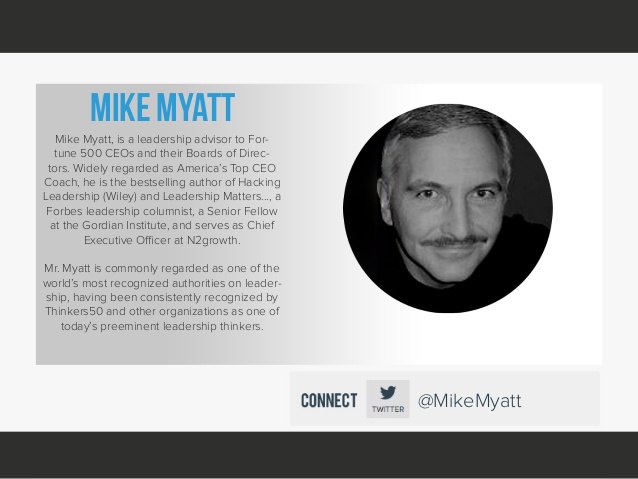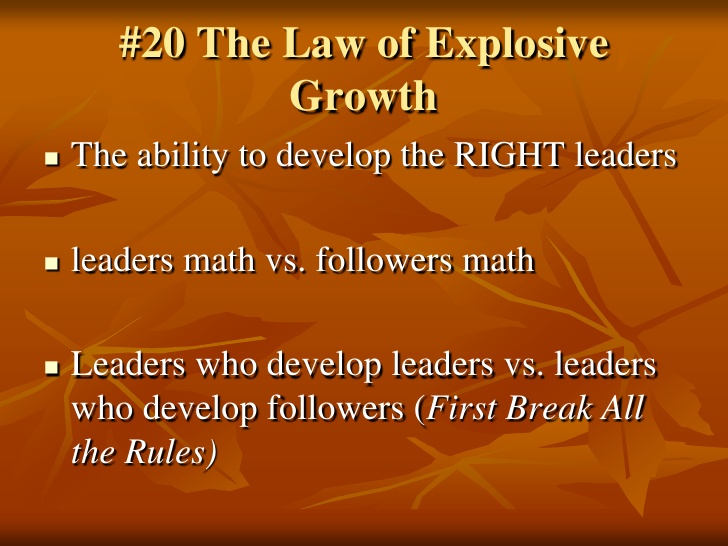Click here to return to Blog Post Intro
Paul was a master of explosive growth. He dedicated himself to people and activities that would impact the world. His strategy remains as effective today as it was 2000 years ago. To promote explosive growth:
1. Attract and equip people.
Everywhere Paul went, he gathered listeners and taught them. Paul would enter a town and begin teaching—for days, months, and sometimes even years. No matter where he went, he continually equipped as many people as possible.
2. Find and mentor emerging leaders.
Paul mentored too many leaders to count. Some—like Silas—came to him already possessing influence and leadership skills (Acts 15:22). Others were grown, like Timothy (1 Timothy 1:2). But no matter their background or experience, Paul took them with him as he worked, preached, and led. Then, he turned them loose, giving them responsibility and authority.
3. Create new organizations.
Paul didn’t hoard the leaders he developed. He raised up leaders to multiply and extend his influence. And he did it with a strategy—he planted churches. Wherever he traveled, he left a church with leaders to carry on the ministry.
4. Engage in the ongoing development of leaders.
Paul often visited his churches to follow up with them, encourage them, and give them direction. Paul’s second missionary journey began with the following suggestion: “Let us now go back and visit our brethren in every city where we have preached the word of the Lord, and see how they are doing” (Acts 15:36).
You can achieve a large vision only through explosive growth. Anything less will leave you far short of your dreams. But becoming an explosive-growth leader requires more than a change in the way you work; it requires a change in the way you think.
What’s the best way to become an “Explosive-Growth Leader”? Mike Myatt, leadership advisor to Fortune 500 CEOs, offered his 5 tips for creating scalable leadership in a June 2012 article published by Forbes.com.
Myatt claims, “No greater contribution a leader can make than developing a culture of leadership. It can only exist when leaders understand their primary obligation is to develop other leaders.”

Here are his 5 Tips:
- Focus on Leadership: Leadership is expected of everyone within the organization. Ordinary leaders want followers who stroke their egos, but Out of This World Leaders make themselves dispensable. They don’t want a following…but a legacy…
- Organization (Mission) First: To align individual interests with business interests, ensure the organization (mission) comes ahead of the individual.
- Do Away With Form Over Substance: Good leaders view all employees as key players and ensure people achieve their potential. Myatt argues against 9-box thinking (labeling people by high/medium/low performance and high/medium/low potential) when it comes to leadership development. In fact, he questions the “best practice” mentality of labeling people, and putting them in a box. He even questions the phrases “key employee” or “high potential” as outdated, elitist terms that create angst and animosity among the ranks.
- Drive Decision Rights Down: If all big decisions are made by an individual—or a small group of individuals—your organization won’t scale. Provide team members with the authority to make great decisions. Paul didn’t give everyone an equal chance to oversee the churches he started. Instead, he treated each person he encountered according to his gifts, calling, and willingness to grow. We should do the same, especially when considering who should make decisions for the team or organization.
- Embrace Dissenting Opinion: Conflict and challenge are part of change. If you stifle candor and free thought, you stifle the ability to scale. When leaders engage their teams with stimulating and probing conversation, team members learn and grow.
Many good leaders can gather groups of followers and lead them to achieve worthy goals. But Out of This World Leaders lead other leaders—and that’s the only kind of leader who can take an organization to the highest level and achieve explosive growth!


